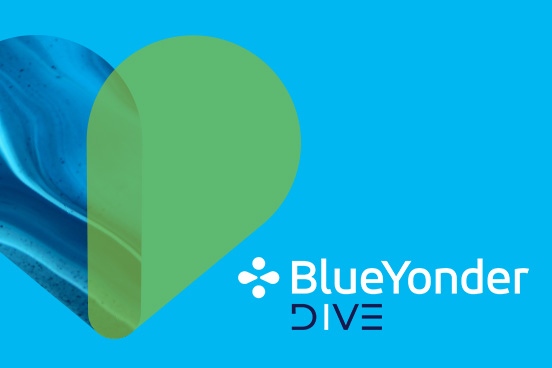Emotional intelligence, also known as EQ, has gained wide acceptance over the last few decades and most recently has been elevated even more as being crucial in careers, personal growth and our ability to create psychological safety. Emotional intelligence is the capacity to identify and manage one’s emotions as well as the emotions of each other. Empathy is the ability to understand and share the feelings of another – and is the cornerstone of emotional intelligence. Practicing empathy, as well as receiving it, benefits every aspect of our lives. It strengthens trust and collaboration, resolves conflict more productively, and fosters a positive culture of belonging and engagement. We all want this, so showing empathy should be easy, right? Not really. Not for everyone.
For many, empathy does not come easily or naturally and takes consistent mindfulness and effort. That describes my experience. It wasn’t that I didn’t care, I just wasn’t self-aware. Pausing before reacting was not inherent in my personality or behaviors. In my younger years and early career, I was difficult, impatient, and only saw things one way – my way. Combine that with another personal challenge in my life – I live (and struggle at times) with obsessive compulsive disorder (OCD) and anxiety, which can be debilitating, isolating and hard for some to understand – I became very unforgiving with myself and I saw my challenges as a weakness. There was no way I was going to disclose my “weakness” to anyone, especially not at work. I tried my best to keep it all in check and hidden away which, combined with my strong personality, was a recipe for disaster.
Luckily, I had a very strong support system and great role models, mentors and therapists to help me through these challenges. I learned to use what I considered my weaknesses to understand empathy and be more empathetic, too. Following are a few “ah ha” moments along the way:
- It’s important to practice empathy with others and myself: For many years, I wasn’t showing myself empathy, so how could I show it to others? It takes practice and really stepping back, listening, and then responding, versus what could be a knee-jerk response (cue that strong personality I mentioned I have!) that could be taken offensively.
- Knowing the difference between intent vs. impact: One theme that frequently comes up in my conversations with colleagues is intent vs. impact. Intentions don’t always align with words and actions, and as a result this can impact others in a negative way. How often have you heard someone say “but I didn’t mean it that way!” Frequently we don’t, but just because you have good intentions doesn’t mean what you say or do isn’t hurtful or offensive. Empathy shows up when we pause to consider others’ perspectives and think about what we are trying to convey, then aligning our words and actions considering the impact it may have.
- Sharing more of you: You never know if your challenges or struggles may be shared by another, or if sharing them will help them understand where you are coming from. Once I started opening up more about my mental health, I have had more authentic interactions and been met with an abundance of kindness and understanding. It became a connection point to others who may be going through something they too were ‘hiding’ and the two-way understanding was much clearer. The key is to know when, how and to whom you share those personal details, so that you know they’ll be a receptive listener.
- Really listen: Through this journey, I have learned to listen more and appreciate different perspectives, which has helped me form more balanced opinions. I have seen creative ideas flourish in teams where everyone feels included and has a voice. By others sharing their own diverse thoughts, backgrounds, cultures and experiences, we get to “take a walk in their shoes.” This has resulted in better solutions, innovations and stronger relationships with others.
I’m still a work in progress but showing and receiving empathy has become easier and more ingrained in my natural behaviors. Empathy has guided my career and passion for inclusion, belonging and engagement – and why I am so passionate about DIVE at Blue Yonder. I look forward to more opportunities to create safe spaces, embrace uniqueness, and more interactions that challenge me and my personal commitment to DIVE. It is something I will never stop working at, and I am here for all of it.
“I’ve learned that people will forget what you said, people will forget what you did, but people will never forget how you made them feel.” – Maya Angelou


Comments are closed.